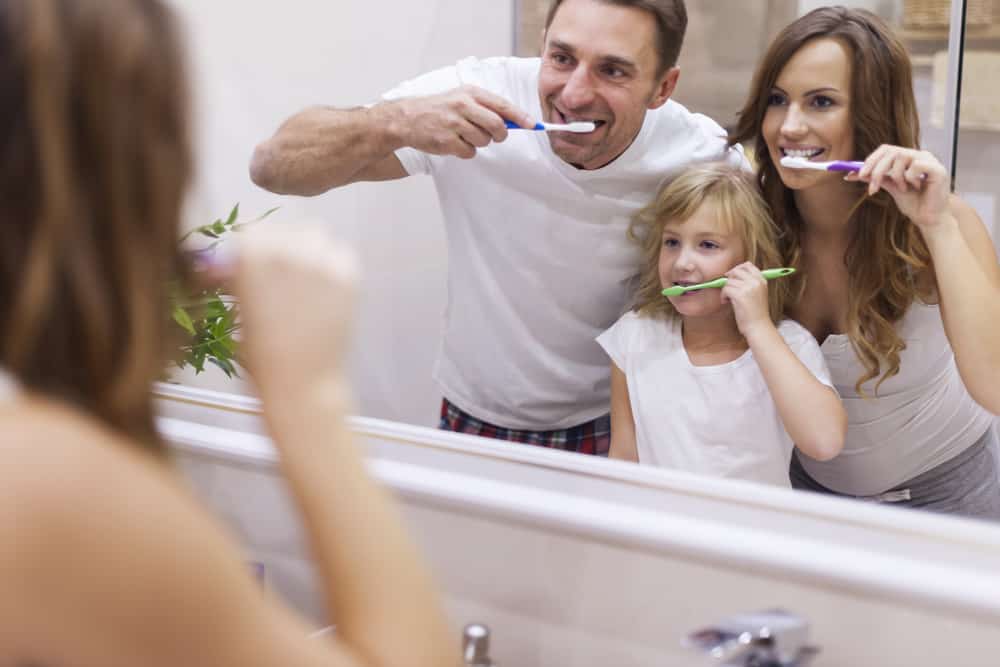The best accessory you can wear is a smile! It’s true; besides, people always notice teeth when you see someone else — almost immediately. A healthy smile can change your face and also will make you want to smile more. Adverts dominate our televisions and social media pages with images of people with the most amazing smiles; their teeth are always gleaming and white. We are also told that we need to brush our teeth at least twice a day – but you could be doing this wrong.

Is Brushing Your Teeth Twice A Day Important?
Have you ever been told that you should brush your teeth multiple times a day? Brushing your teeth is essential. However, you should be aware that even if you are doing this twice a day, it doesn’t mean you are doing it correctly and effectively. Now, you might ask, how could you possibly brush your teeth wrong? You might be shocked to learn that you have 300-700 bacteria in your mouth at this current time. Don’t be alarmed; this is normal for everyone, but you must take care of as many of them as possible for a cleaner mouth and fresher breath.
When we don’t clean our teeth properly, these bacteria then stick to any food particles left in our teeth. In turn, this can lead to oral issues and the need for fillings, and the dreadful root canals that we have nightmares about. It is the main reason people have cavities, receding gum lines, and the buildup of plaque and tartar that can be hazardous to a person’s health. Instead of leaving it to the dentist to fix every six months, knowing how to brush your teeth properly can save you from some pain in the future.
